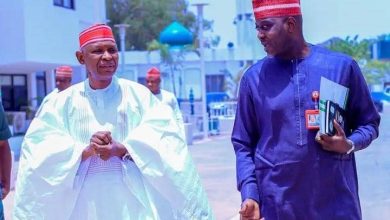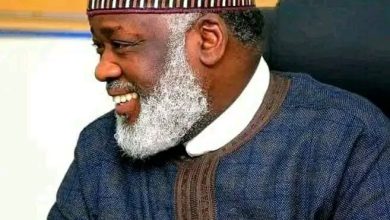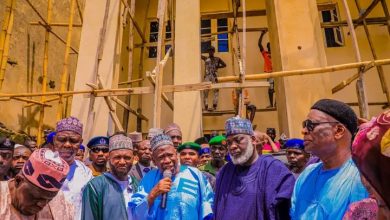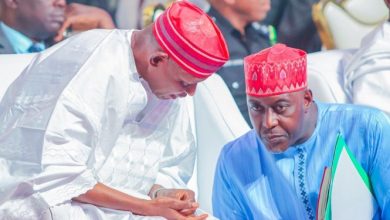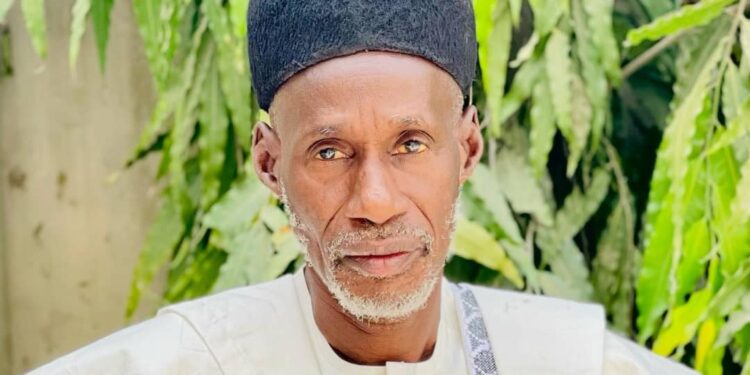
Dr. Hussaini Umar Ganduje, a seasoned administrator, political actor, and community leader, has spent decades walking the delicate line between tradition and transformation, civil service and politics, local identity and national relevance. Born in Ganduje town in Dawakin Tofa Local Government Area of Kano State, his journey began with foundational Islamic education at a traditional Qur’anic school, makarantar allo, before progressing through the formal educational system. That journey culminated in a doctorate degree, a testament to his commitment to knowledge and public advancement.
His entry into public life came during the era of the defunct Social Democratic Party, when he was elected Chairman of Dawakin Tofa Local Government. In that position, he became a bridge between grassroots needs and state-level governance, setting the tone for what would become a lifetime of public service. He later served as Commissioner (II) with the Kano State Universal Basic Education Board (SUBEB), where he contributed significantly to the development of the basic education sector.
Dr. Hussaini’s performance and dedication saw him appointed Executive Secretary of the Kano State Senior Secondary Schools Management Board during the first tenure of his elder brother, Dr. Abdullahi Umar Ganduje, as Governor of Kano State. From there, he rose to the apex of civil service when he was promoted to the rank of Permanent Secretary, one of the most prestigious positions in the state bureaucracy.
Related:
Ganduje’s Legacy: Charting the Journey of a Political Titan
Recognized for his vision in expanding access to education, he was later appointed Vice President (Northwest) of the National Open University of Nigeria. There, he championed distance learning and promoted inclusive education across communities in the Northwest, further cementing his status as a reform-minded leader with a national outlook.
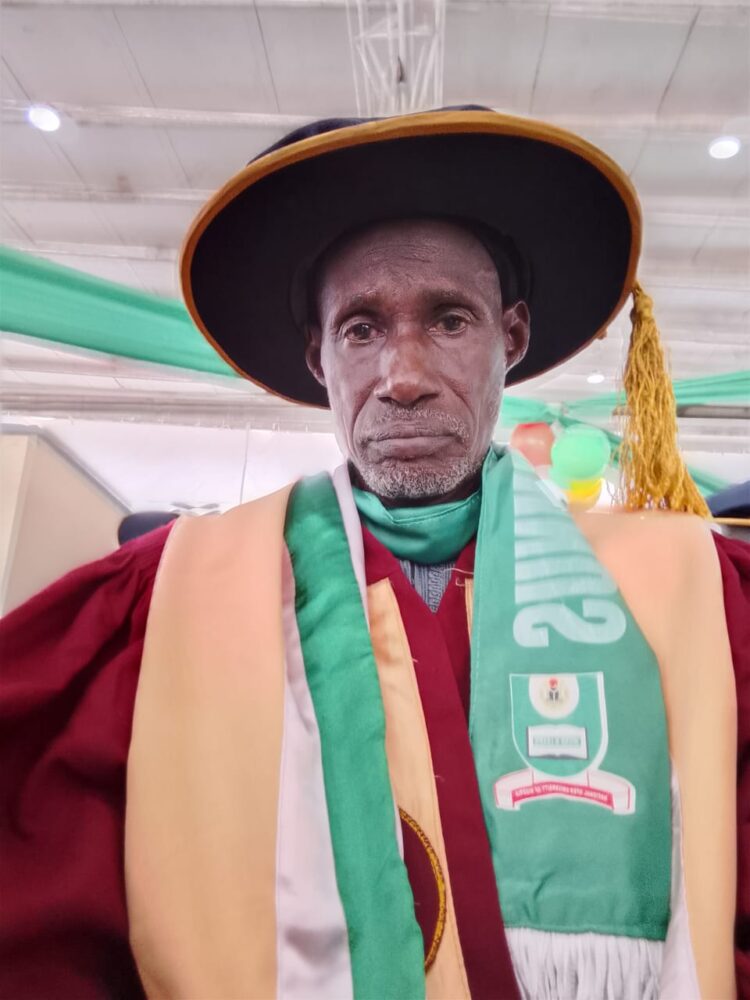
Beyond the formal structures of public office, Dr. Hussaini has played a vital role in mentoring and guiding young people, especially those from Ganduje and Dawakin Tofa, into careers in civil service and public administration. His legacy of support has opened doors for many young professionals across Kano and beyond.
As a proud son of Fulani heritage, Dr. Hussaini also carved a niche in community leadership. He served two terms as Chairman of the Miyetti Allah Cattle Breeders Association of Nigeria (MACBAN) in Kano State, where he worked to resolve farmer-herder conflicts and build frameworks for peaceful coexistence. His credibility among pastoralist communities and conflict stakeholders earned him further recognition, culminating in his election as the Northwest Zonal Chairman of MACBAN.
Read Also:
Kano APC Stakeholders Drum Support for Tinubu’s Second Term, Reaffirm Loyalty to Ganduje
In 2021, his leadership came into focus again during the Fulani Enumeration Exercise in Kano State, conducted under the Fulani Coalition. That exercise produced critical demographic data which informed national policy, including the eventual establishment of Nigeria’s first Ministry of Livestock Development under President Bola Ahmed Tinubu.
Outside of public administration, Dr. Hussaini is a businessman and a dedicated farmer. His investments in agriculture and enterprise have empowered many within his local community and contributed to employment generation in rural areas.
Described by many as a “goldfish with no hiding place,” Dr. Hussaini remains a quiet but towering figure, whose impact resonates deeply with those who know his story. His decades of service reflect a life built on integrity, sacrifice, and transformation qualities that have made him not just a figure in Kano’s history, but one of its most enduring custodians of progress.
With strong political roots in Kano North Senatorial District, and an enduring presence in the Gandujiyya movement, Dr. Hussaini continues to shape Kano’s political and developmental narrative. He is widely regarded as a mentor, a guide, and a bridge between generations steadfast in his commitment to community development, youth empowerment, and public service.
